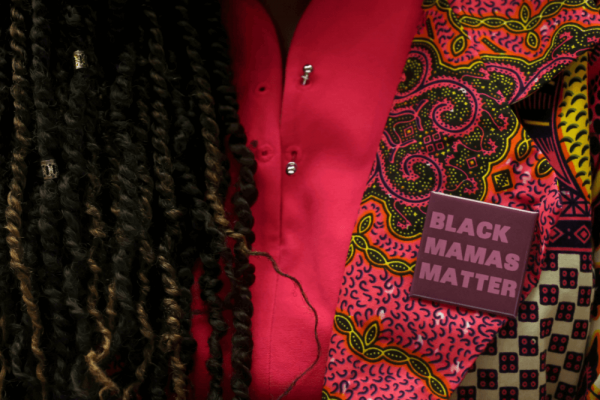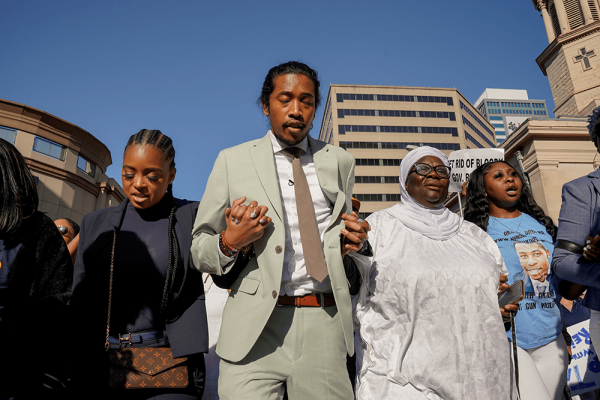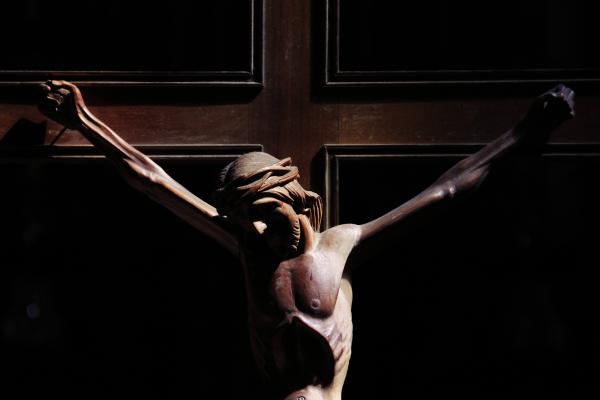Our country is rolling back reproductive health access in the name of “choosing life” while refusing to support life’s development in utero and post-birth. We also have not ensured that people who give birth or care for children have paid family and medical leave, workplace protections, or even access to health care facilities. In states like Mississippi and Alabama, budget pressures are forcing many rural hospitals to close, cutting off the only point of care before, during, and after labor.
Despite Republican colleagues expelling him from the Tennessee state legislature, Nashville’s Democratic Rep. Justin Jones still believes working for justice in the South means working on “sacred ground.”
When most people consider the holy month of Ramadan, the 30 days of fasting and reflection for Muslims, they may not picture a millennial in a hijab connecting the Qur’an with environmental justice through Instagram hashtags like #greenramadan and #ecomuslim. But Saarah Yasmin Latif is on a mission to help people of all religious traditions connect their faith with individual and collective acts to sustain the earth.
Half a century later, a lot has changed, but we remain committed to inspiring Christians across every tradition to put their faith into action for justice and peace and strengthening faith-inspired movements for change.
Immoral exemplars leave us to grapple with a host of difficult ethical questions. Among these are certainly questions about their status and the value of their work. But these are not the only — or even the most important — issues. We also must consider the concerns of survivors, the integrity of our most treasured traditions and institutions, and how our response might contribute to a more just world. When we focus solely on the status of the tainted thinker and their work, much of the ethical picture fades from view.
Three years prior to Jesus’ crucifixion, he had launched a public movement in the violent society of the Roman Empire. He said that God’s kingdom was coming close, and he invited people to rethink their lives in light of it. His message revolved around a teaching that we desperately need to embrace today. That teaching, however, is also what led to his crucifixion.
On Maundy Thursday of Holy Week, we remember how Jesus and his disciples celebrated the Passover meal, transforming it into what we now celebrate as communion. The word “maundy” originates in the Latin mandatum, in reference to the mandate Jesus gives his disciples that night: “A new commandment I give unto you that you love one another” (John 13:34). Just before the meal, Jesus engages in an act of loving service and humility: washing the disciple’s feet.
This selfless act contrasts sharply with the shameful spectacle that has dominated recent news: the indictment and arraignment of former President Donald Trump.
I wish the world could read a thoroughly-researched, 900-page report from the women who Vanier preyed on; a full report, written in their own handwriting and spoken in their own voices about what he took from them. I wish the world could understand that the women are more than the sorrow brought about by this injustice. They are resilient, and whether we know them or not, their stories are a part of our story — the story of L’Arche as well as the broader human story.
When prominent spiritual leaders are abusive, their violence hits like an earthquake. The victims are at the epicenter, but when the truth comes out, the rest of us feel the aftershocks.
Currently, I am a prisoner willingly serving a prison term for terrible crimes I committed a long time ago and self-reported some years past. This prison season has been the brightest darkness I've ever known. Prisoners are exiled from healthy community and forced to grapple with toxic shame in isolation. The same is accompanied by a pervasive loneliness that can be overwhelming.









